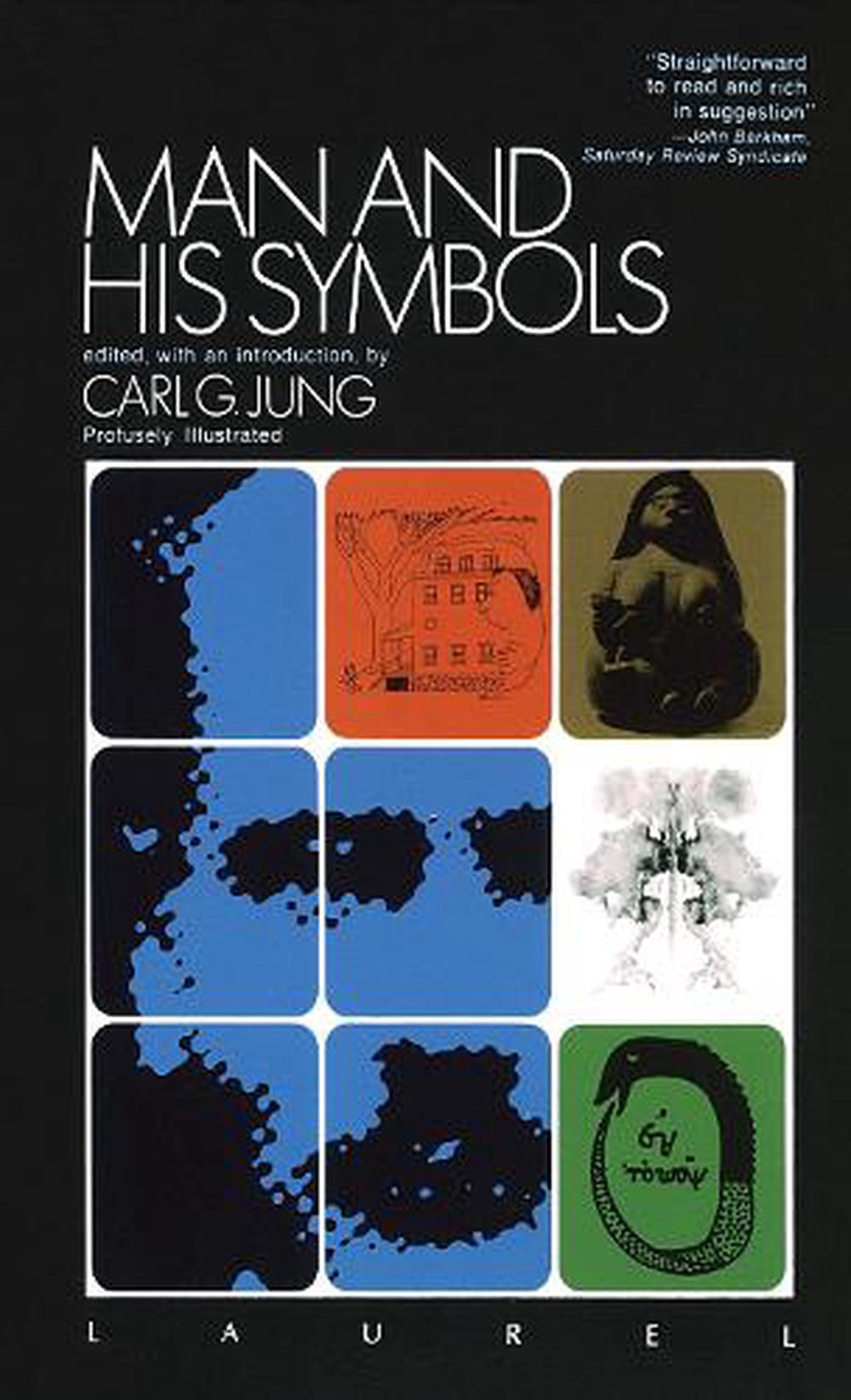
Man and His Symbols
$18.09
- Mass Market Paperback
432 pages
- Release Date
30 March 1999
Summary
Here, Jung examines the full world of the unconscious, whose language he believed to be the symbols constantly revealed in dreams. Convinced that dreams offer practical advice, sent from the unconscious to the conscious self, Jung felt that self-understanding would lead to a full and productive life. Thus, the reader will gain new insights into himself from this thoughtful volume, which also illustrates symbols throughout history. Completed just before his death by Jung and his associates, it…
Book Details
| ISBN-13: | 9780440351832 |
|---|---|
| ISBN-10: | 0440351839 |
| Author: | Carl Gustav Jung, Yung |
| Publisher: | Dell |
| Imprint: | Bantam Doubleday Dell Publishing Group |
| Format: | Mass Market Paperback |
| Number of Pages: | 432 |
| Release Date: | 30 March 1999 |
| Weight: | 221g |
| Dimensions: | 174mm x 105mm x 28mm |
You Can Find This Book In
What They're Saying
Critics Review
“This book, which was the last piece of work undertaken by Jung before his death in 1961, provides a unique opportunity to assess his contribution to the life and thought of our time, for it was also his firsat attempt to present his life-work in psychology to a non-technical public… . What emerges with great clarity from the book is that Jung has done immense service both to psychology as a science and to our general understanding of man in society, by insisting that imaginative life must be taken seriously in its own right, as the most distinctive characteristic of human beings.”–Guardian “Straighforward to read and rich in suggestion.”–John Barkham, Saturday Review Syndicate
“This book will be a resounding success for those who read it.”–Galveston News-Tribune
“A magnificent achievement.”–Main Currents
“Factual and revealing.”–Atlanta Times
About The Author
Carl Gustav Jung
Jung studied medicine at Basel and worked at the Burgholzli mental health clinic in Zurich (1900-1909). He met Freud in 1907 and became his leading collaborator. He became critical of Freud’s approach in 1913, which caused a break between them.
Returns
This item is eligible for free returns within 30 days of delivery. See our returns policy for further details.




